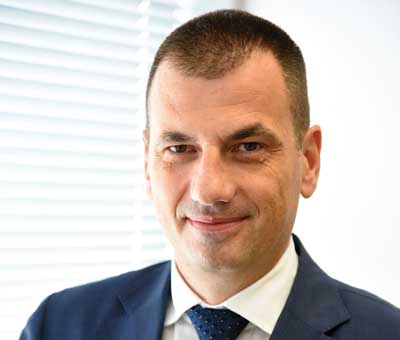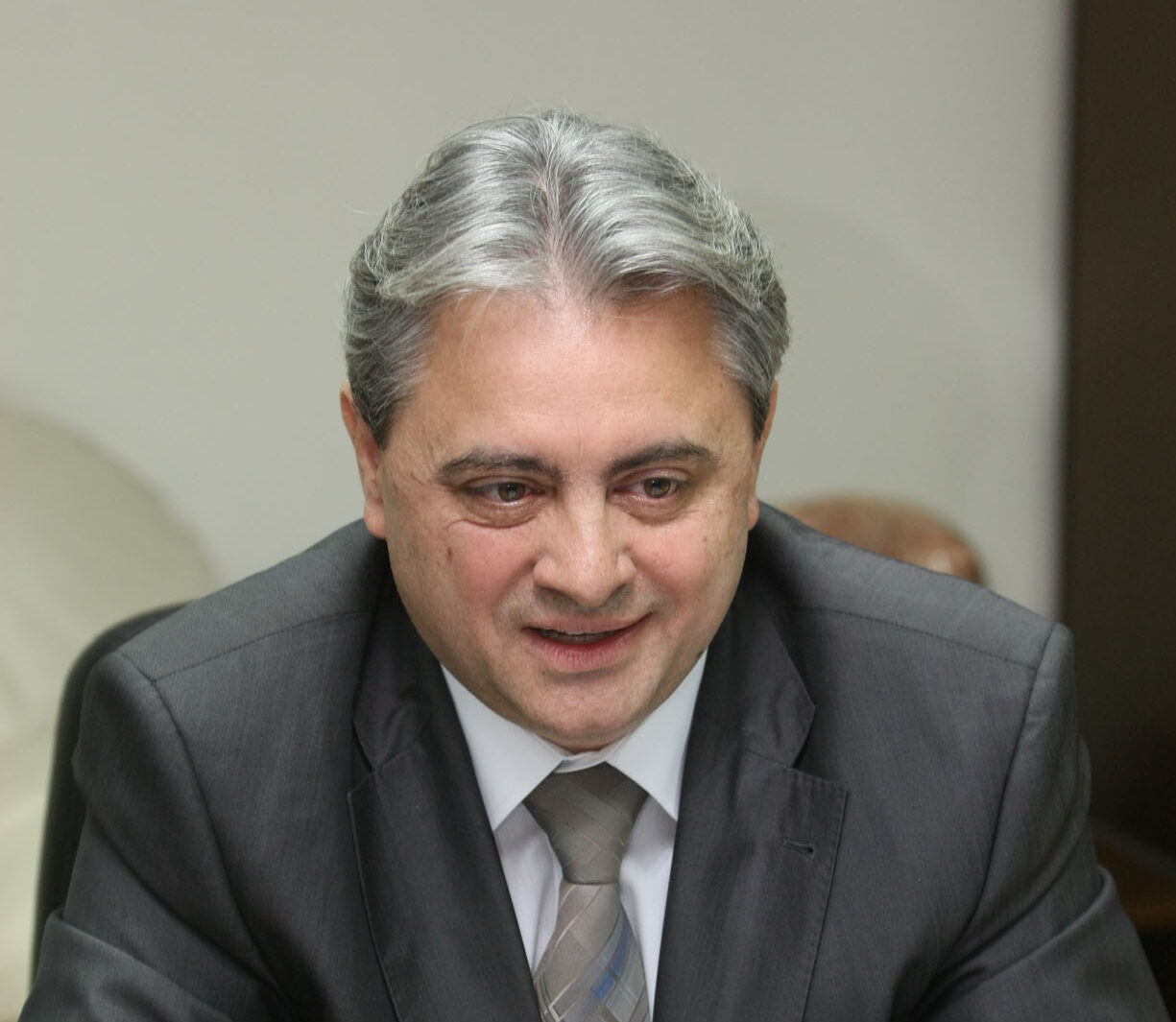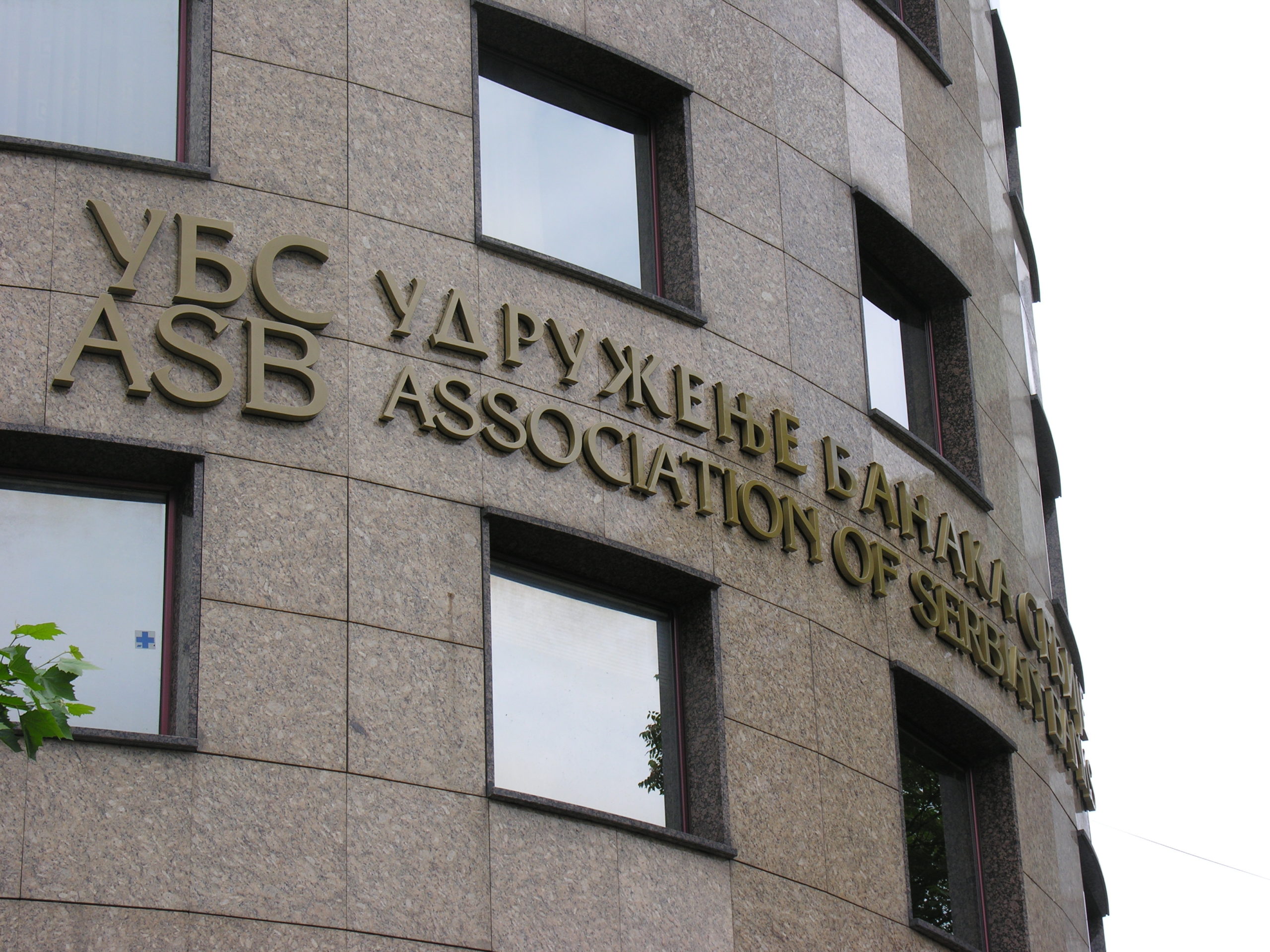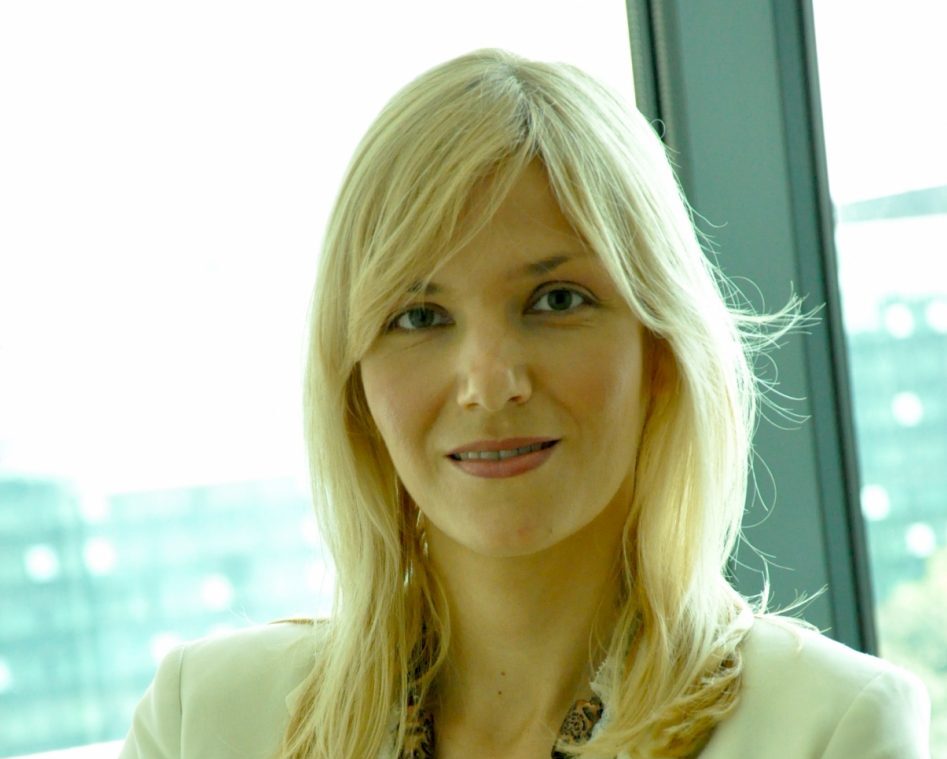A market leader in mergers and acquisitions, project finance and capital markets. Named IFLR Egypt’s “Law Firm of the Year” six times, with its Cairo office, ranked Tier 1 by IFLR1000, Legal500 and Chambers & Partners for Banking & Finance and M&A. With 40 years’ experience in the local market, they are the go-to firm for Dispute Resolution.

How do you assess the government efforts to improve Egypt’s legal framework for investors?
The government is actively reforming the legal framework in such a manner that it is attractive for foreign investors. There is a move on this front, and the government is trying to meet the needs of investors and entrepreneurs. Things are moving, and I praise the government for their efforts, but much more is needed.
We have recently seen amendments to the companies law which are extremely positive, the new industrial license law has facilitated many processes to a certain extent, and we finally saw bankruptcy which was long overdue. After 25 years of lobbying the company law, for example, has been modified to include sole ownership. Overall there is a movement, but we wish to see a better approach to other laws and regulations that would make the lives of entrepreneurs easier.
There have been some pitfalls in the new investment law. Many expected the law would be a salvation to the issues investors faced. However, this has not been the case, or accurate when it comes to the reality investors face as other laws and regulations affect their businesses on top of the investment law.
Courts and litigations are two key areas which need substantial changes. The government has embarked on modifying economic courts to expedite the processes, but more is needed. Investors that have received a judgment would like to see it enforced, however, at the moment we have a fundamental problem concerning ensuring those judgments are enforced. The process remains arduous and much longer than desired. Enforcement is a crucial impediment, and the government has not been able to tackle the issue. A judgment is useless unless it is enforceable and we have many cases with frustrated foreign investors that have received judgments and cannot enforce them.
Another critical challenge is red tape and bureaucracy. Top tier officials are very helpful when it comes to assisting. Nonetheless, this does not trickle down the chain. Many government employees drag their feet, are not familiarized with the new amendments, and do not understand the motivation behind the incorporation of new laws. In the hopes of improving service, sessions should be held to educate government employees on the importance of facilitating foreign direct investment to the growth of Egypt.
How do you see PPPs in Egypt?
I do not see much movement and believe the legal framework does not support the creation of new PPPs. Historically the primary reasons for the development of this segment were for the private sector to work with the government on public infrastructure projects. The governments current fast track self-coordinated building practices leave little room for such projects, and the PPP segment remains mostly dormant. A radical legal change and boost to perception would be needed to increase their numbers and their contribution to the national economy.
What is a lasting consideration for potential investors?
A core thought investors need to keep in mind while considering their investment in Egypt is their exit strategy. This is common anywhere in the world. It is not uncommon for disputes to sour good relationships creating problems for commercial projects. Our law firm has a solid track record over the past 40 years serving the international community in their dealings in Egypt.
























